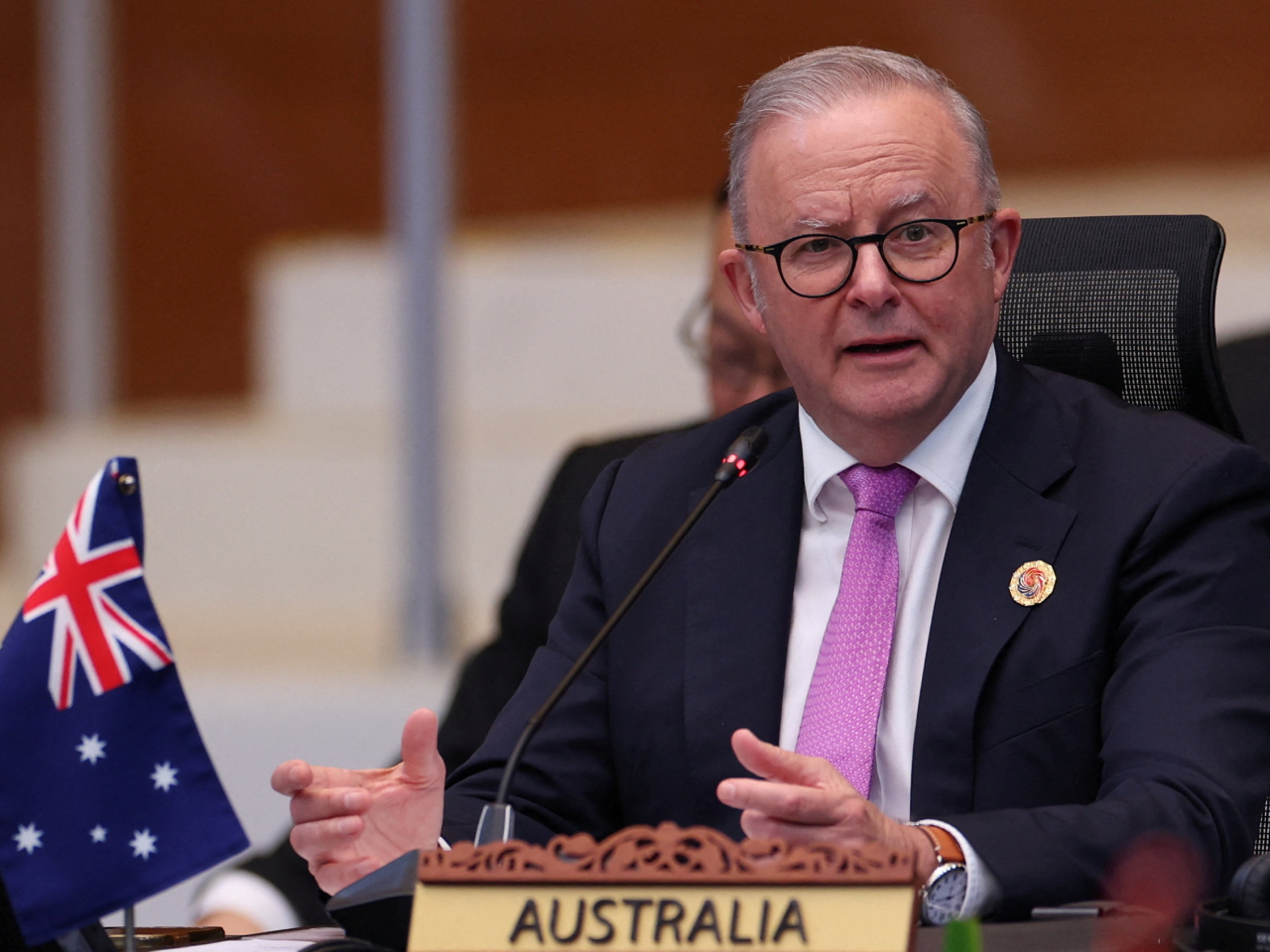Australia framed its ceding of next year's COP to Turkey as a "big win" but the loss sparked disappointment on Thursday in the Pacific islands, which had been slated to co-host the climate meet.
Canberra pulled the plug on its long-touted bid after Turkey, the other prospective host, refused to back down.
A deal proposed on Wednesday to end the protracted battle over who would stage COP31 will see the summit take place in Turkey, with Australia instead presiding over negotiations in the run-up to the event.
Prime Minister Anthony Albanese framed the outcome as a "big win".
He said there would be a pre-COP meeting focused on climate financing in the Pacific that would help raise awareness of the challenges facing the region.
"That will enable us to prioritise the issues that are confronting the Pacific," Albanese said, including "the very existence of countries like Tuvalu and Kiribati, the issue of our oceans, the issue of other impacts".
Papua New Guinea's top diplomat, however,said he was "disappointed".
"We are all not happy," Foreign Minister Justin Tkatchenko said, lashing the entire COP summit process as a waste of time. "What has COP achieved over the years? Nothing. It's just a talk fest and doesn't hold the big polluters accountable."
It would have been the first time the region had hosted the UN's premier climate summit.
Pacific island leaders have long criticised COP summits for marginalising their voices or offering limited practical solutions as they battle the mounting costs of climate change.
They hoped that co-hosting duties could change that and raise awareness.
But winning the COP hosting would also have drawn extensive scrutiny on Australia's green record.
The country has long profited from fossil fuel exports and treated climate action as a political and economic liability.
The former prime minister of Tuvalu – which may become uninhabitable this century if planet-heating emissions are not constrained – said the decision showed "the non-committal of Australia to climate justice".
Tuvalu, a tiny nation of thinly populated atolls and reef islands, is among the world's most vulnerable nations due to rising sea levels.
"The Pacific countries should seriously remodel their relationship with Australia," Bikenibeu Paeniu said. "What a miss but the Pacific will continue its fight no matter what." (AFP)





